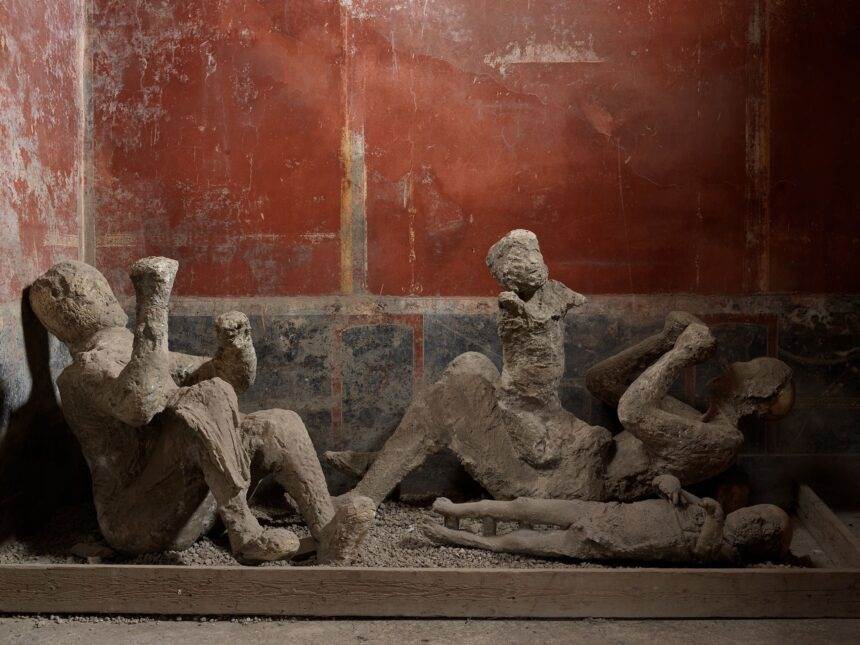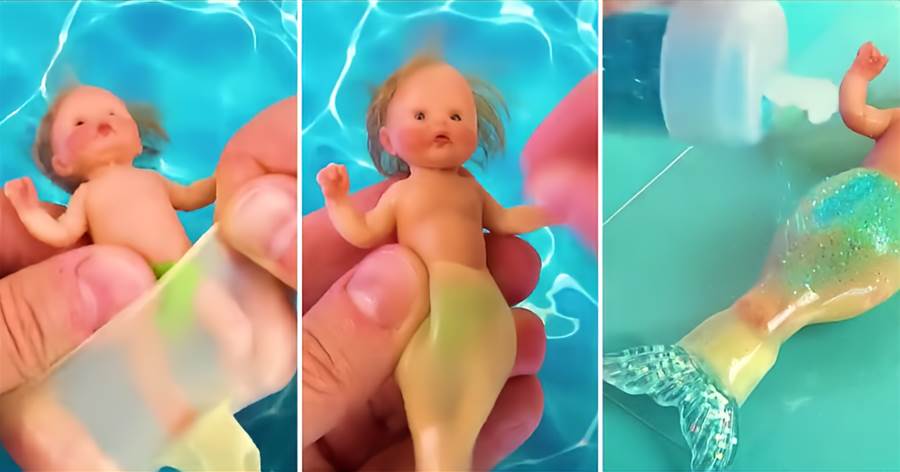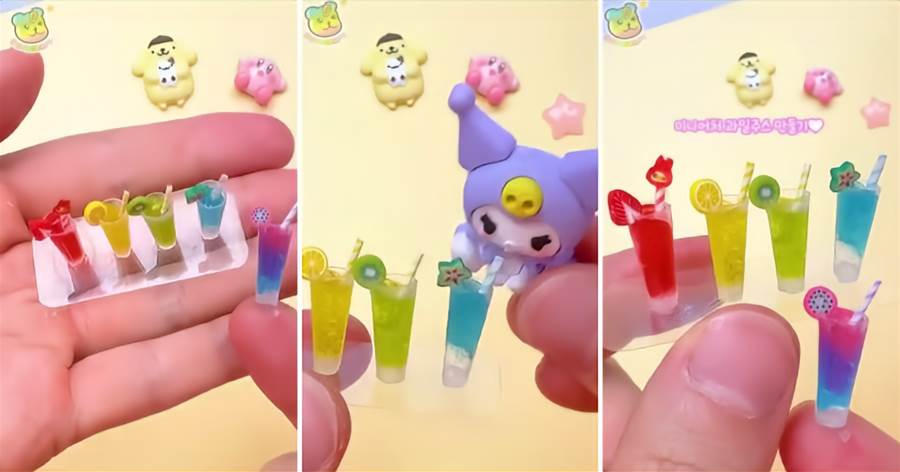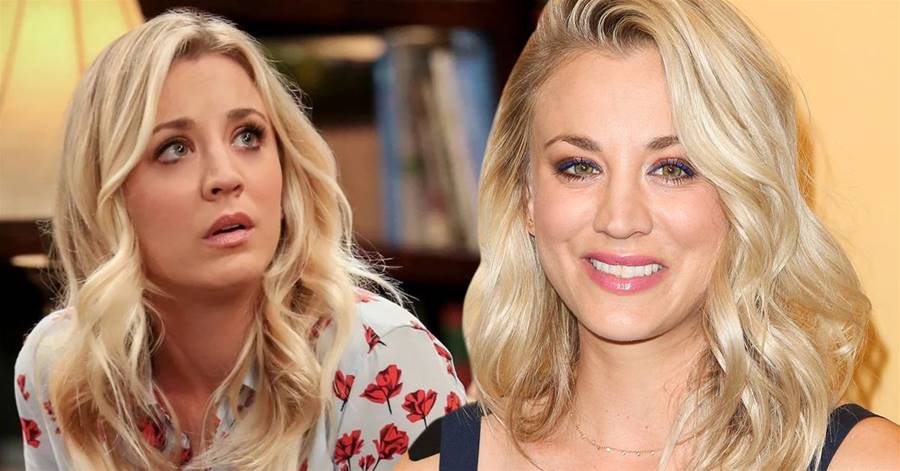
Chuck Lorre, the co-creator of the immensely popular sitcom "The Big Bang Theory," has recently expressed regret over the initial portrayal of the character Penny in the show.
The series, which ran for an impressive 12 seasons and garnered numerous accolades, featured Kaley Cuoco in the role of Penny, a character who underwent significant development over the course of the show.

**Early Portrayal of Penny**: Chuck Lorre's Regret
Lorre's regret stems from the early depiction of Penny, who, in the show's earlier seasons, was the sole female character and often found herself at the receiving end of jokes that would be considered problematic by today's standards.
Lorre has acknowledged that the character was not fully realized in the beginning and that there was a missed opportunity to showcase the depth and intelligence that Cuoco was capable of bringing to the role.
In a candid discussion with Entertainment Weekly to commemorate the show's 15th anniversary, Lorre and co-creator Bill Prady revealed insights into the show's early days. They disclosed that the original pilot episode featured a character named Katie, portrayed by actress Amanda Walsh, who was perceived as rough and not very kind to the male leads, Leonard and Sheldon.
Test screenings revealed that the audience strongly disliked this portrayal, prompting the creators to rework the character into the more amiable and endearing Penny that viewers came to know and love.
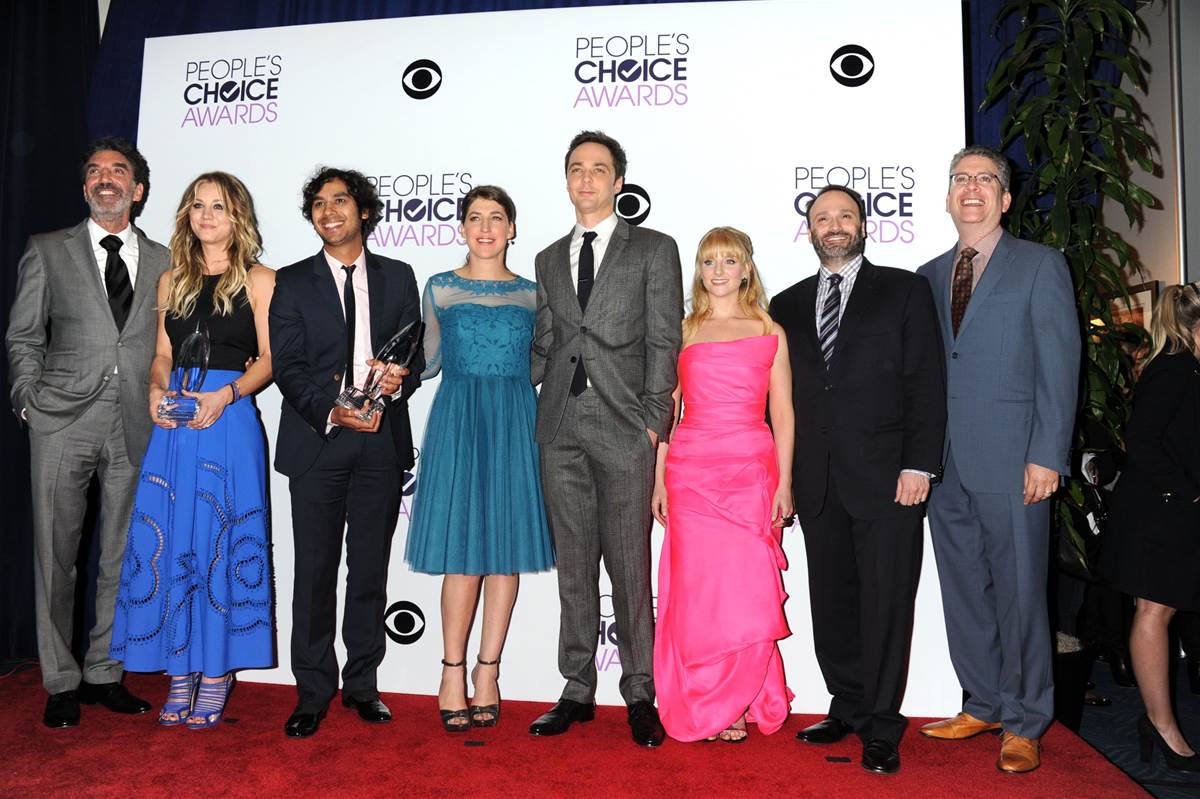
**Unseen Pilot Episode**: The Evolution of Penny
Lorre has since expressed remorse over the initial underdevelopment of Penny's character, acknowledging that Kaley Cuoco possessed the talent to bring much more depth to the role.
He emphasized the importance of fully realizing the character, not just for a single episode, but consistently throughout the series. According to Lorre, Penny possessed an intelligence about people, relationships, and situational dynamics that warranted exploration and development.
As "The Big Bang Theory" approached its conclusion, Lorre reflected on the show's journey and the significance of giving it a proper send-off. He emphasized the importance of ending the series on a poignant note, particularly after witnessing other shows conclude prematurely.
Lorre credited showrunner Steve Holland for suggesting an emotional finale, which ultimately resonated with viewers and provided a fitting conclusion to the beloved series.
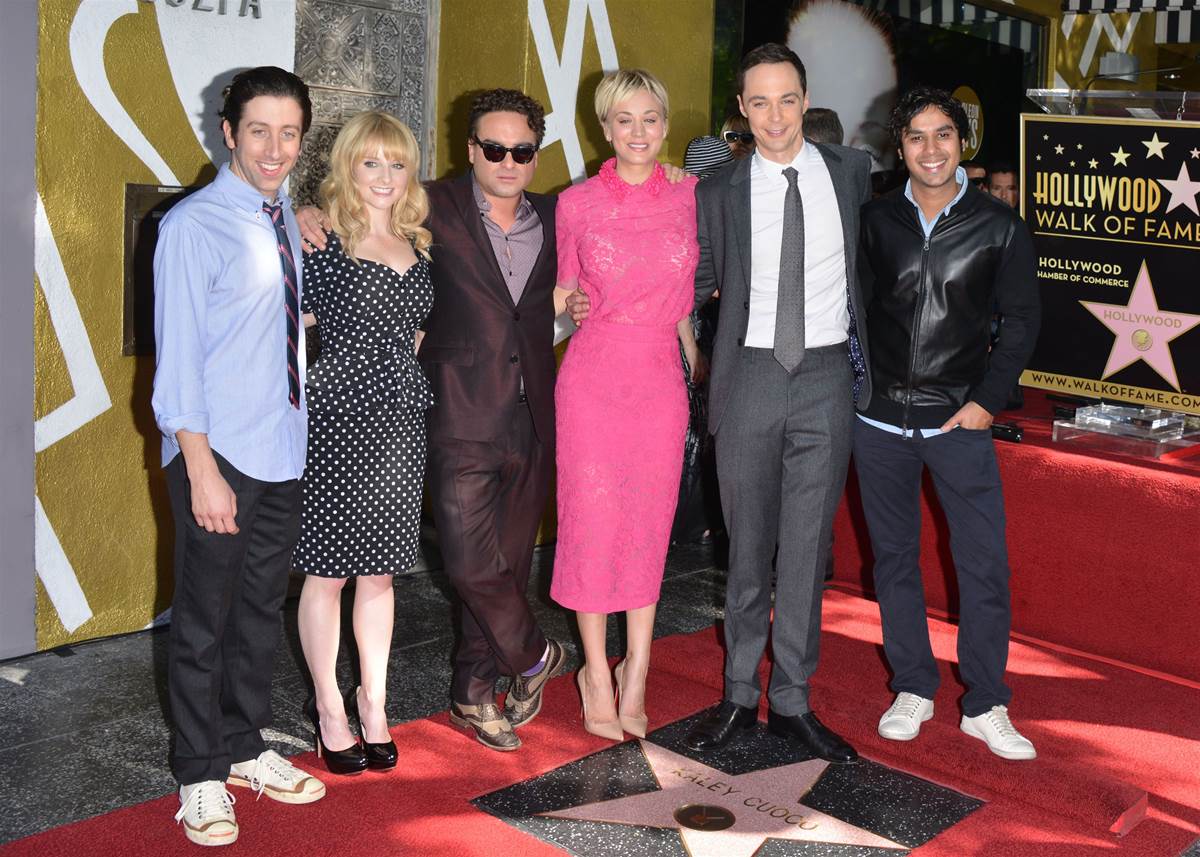
**Lorre's Reflections**: Developing Penny's Character
The decision to conclude the show was further influenced by Jim Parsons' desire to move on from his role as Sheldon. Lorre expressed his reluctance to continue the series without the full ensemble, emphasizing the importance of not diluting the show's essence by explaining the absence of a major character.
Ultimately, Lorre recognized that the show had taken on a life of its own and that it was essential to step aside and allow it to conclude on a high note.
In retrospect, Chuck Lorre's regret over the early portrayal of Penny in "The Big Bang Theory" serves as a testament to the evolving standards of character representation in television. His acknowledgment of this shortcoming and his commitment to providing a meaningful conclusion to the series underscore the enduring impact of the show and its characters.
As fans continue to cherish the legacy of "The Big Bang Theory," Lorre's reflections offer valuable insights into the complexities of creating and sustaining a beloved television series.
